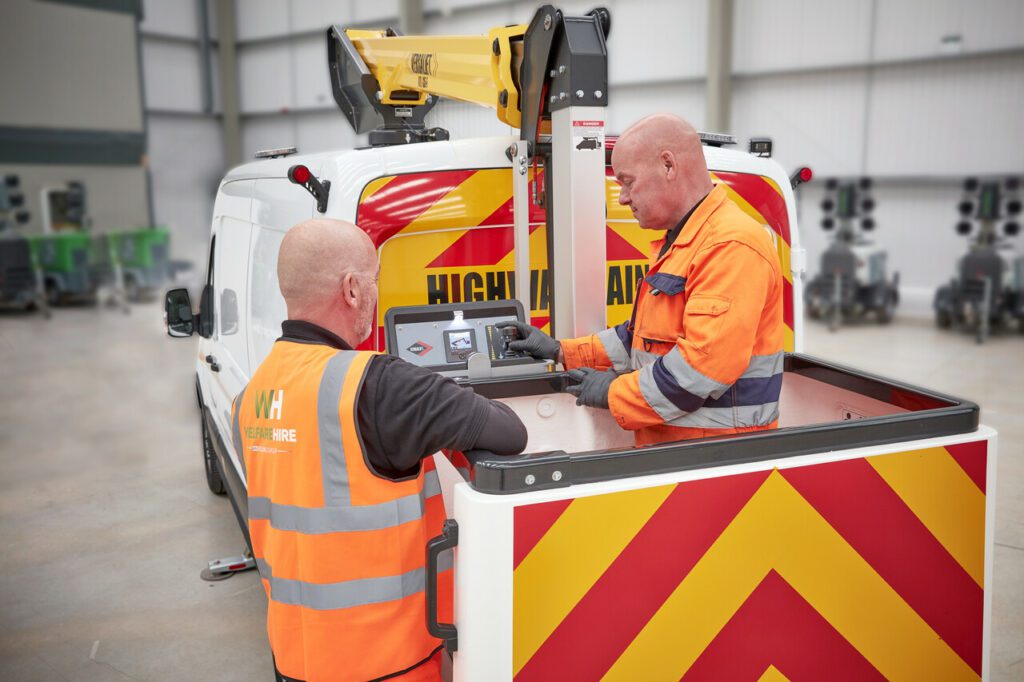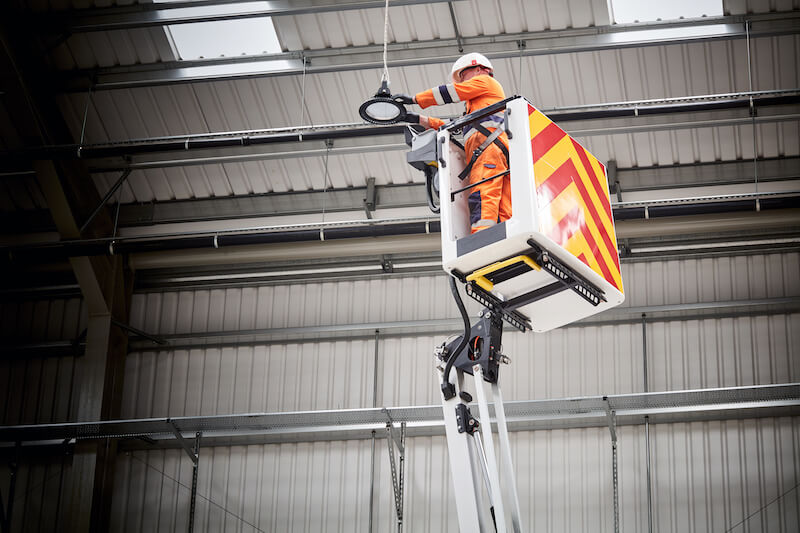How Professional Development Improves Employee Wellbeing During Infrastructure Projects
Blog-June 6, 2023
The business case for Learning and Development (L&D) is well established. Research shows that offering workers educational opportunities makes companies 92% more likely to produce innovations, increasing retention by 34% and boosts engagement by 14%.
But the strongest argument for increased L&D is not about your bottom line – it’s about your people.
Professional development is a central driver for individual workers’ wellbeing and confidence on-site. Whether they are operating a van mounted MEWP or simply going about their daily tasks, proper training keeps your workers safe, confident and motivated.
Here are three ways it does that:

1. An investment in people
While 82% of employees say it’s important for their organisation to see them as a person, not just an employee, only 45% of employees believe their organisation actually sees them this way.
Professional development helps tackle that problem. Workers who are given opportunities to develop – whether training for van mounted MEWPs or management courses – feel their company is investing in them. That sense of being valuable translates not just into loyalty and productivity gains – it helps lift the entire morale of the workforce.

2. Confidence at work
A lack of confidence in carrying out a task can lead to anxiety at work. For workers experiencing this, training can validate their competence and give them the skills they need to positively navigate their daily tasks.
Working at heights is the perfect example. While van mounted MEWPs make workers safer and increase their productivity, operating such vehicles requires both knowledge and experience – both of which can be acquired through the right training program. The key is to provide training which allows workers to practise with the actual access equipment hire they will be using on-site. This will help them get used to the specific van mounted MEWP and help the training stick.

3. Career security
Experts argue that a lack of stability is a key factor in workers’ mental health. This is certainly true of most infrastructure sectors: with long, irregular hours and widely perceived lack of job security, many workers feel they lack the long-term security of other professions.
An investment in professional development helps provide more security. Not only does it ensure today’s workers are able to adapt to the innovative technologies that will define the industry’s future – it ensures that individual employees feel they are making progress in their careers.